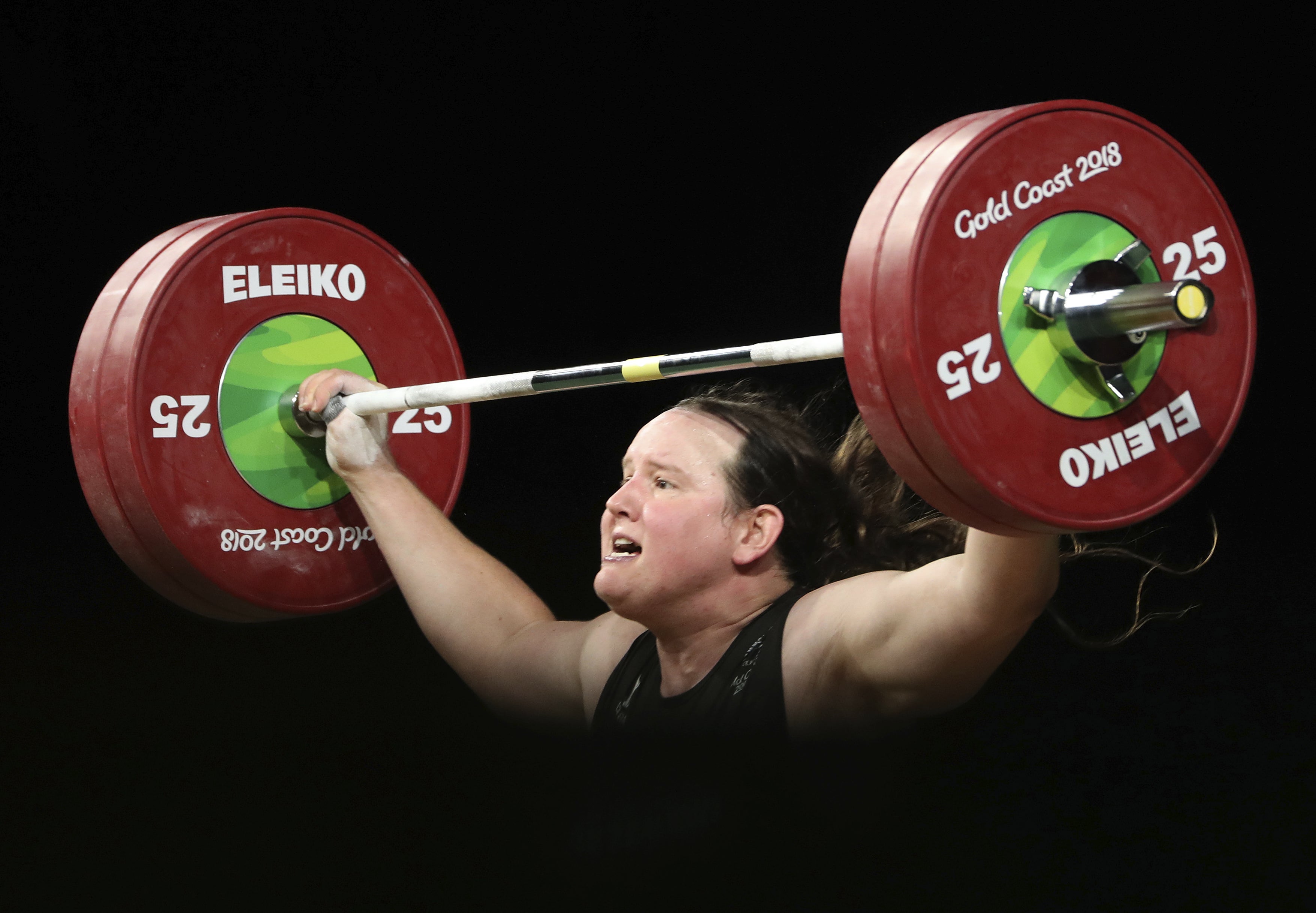Tokyo Olympics: Emily Campbell wants to show weightlifters do not have to ‘sacrifice femininity’
New Zealand’s Laurel Hubbard is poised become the first transgender athlete to compete in the Olympics.

Your support helps us to tell the story
From reproductive rights to climate change to Big Tech, The Independent is on the ground when the story is developing. Whether it's investigating the financials of Elon Musk's pro-Trump PAC or producing our latest documentary, 'The A Word', which shines a light on the American women fighting for reproductive rights, we know how important it is to parse out the facts from the messaging.
At such a critical moment in US history, we need reporters on the ground. Your donation allows us to keep sending journalists to speak to both sides of the story.
The Independent is trusted by Americans across the entire political spectrum. And unlike many other quality news outlets, we choose not to lock Americans out of our reporting and analysis with paywalls. We believe quality journalism should be available to everyone, paid for by those who can afford it.
Your support makes all the difference.Tokyo-bound British weightlifter Emily Campbell says girls do not have to “sacrifice their femininity” to become a success in the sport, amid the controversy surrounding the selection of New Zealand’s Laurel Hubbard
Campbell, the reigning European champion, insists she has no problem with Hubbard, her rival in the 87+kg category, who is poised become the first transgender athlete to compete in the Olympics.
But she admitted the resulting headlines may not help the perception of the sport, already tarnished by a succession of drug scandals, in its continuing battle to convince young girls to take the strain.
Campbell, one of three British weightlifters selected for the Games alongside Zoe Smith and Sarah Davies, said: “To have three girls qualifying, it shows that you don’t have to sacrifice your femininity to be a weightlifter.
“You are a women in weightlifting and you can be what you want to be, and I hope that we do inspire younger girls to go into the gym and pick up a barbell.
“We are trying to promote the message of physical literacy, making sure these girls know it is healthy to go to the gym and to look after your body. If we can do that then we can do our jobs.”
To have three girls qualifying, it shows that you don't have to sacrifice your femininity to be a weightlifter.
Hubbard’s qualification has sparked a major debate, with some rivals suggesting the 43-year-old has an inevitable hormonal advantage having gone through male puberty before transitioning in 2012.
But Campbell has backed the New Zealande ’s right to compete and said she would seek to focus solely on her own performance rather than the higher profile Hubbard’s participation will generate in her event.
Campbell added: “She (Hubbard) is a human being and she has qualified for this competition fairly like everyone else has, following rules that we all have to abide by.
“My performance will give me the place I achieve on the day. You have to be a great sportsman in this game, you have to perform in the way you can and give everyone equal respect.
“Obviously there will be a lot of distractions but you’ve got to keep your head in the game. The only person’s performance I can control is my own, so I have to make sure I’m completely in control of that.”
Former Commonwealth Games gold medallist Smith made her Olympic debut at London 2012 but was forced to miss out on Rio 2016 due to injury.